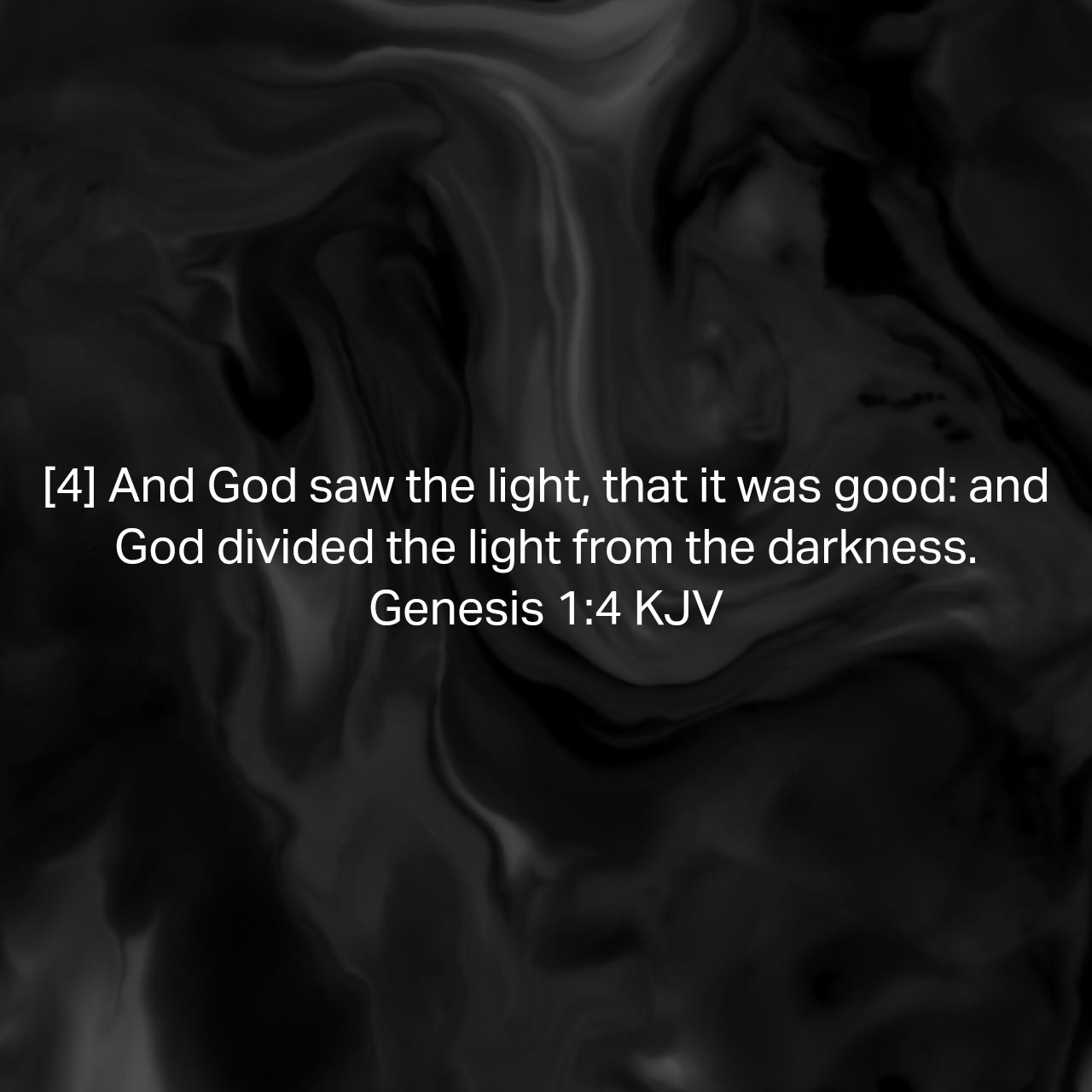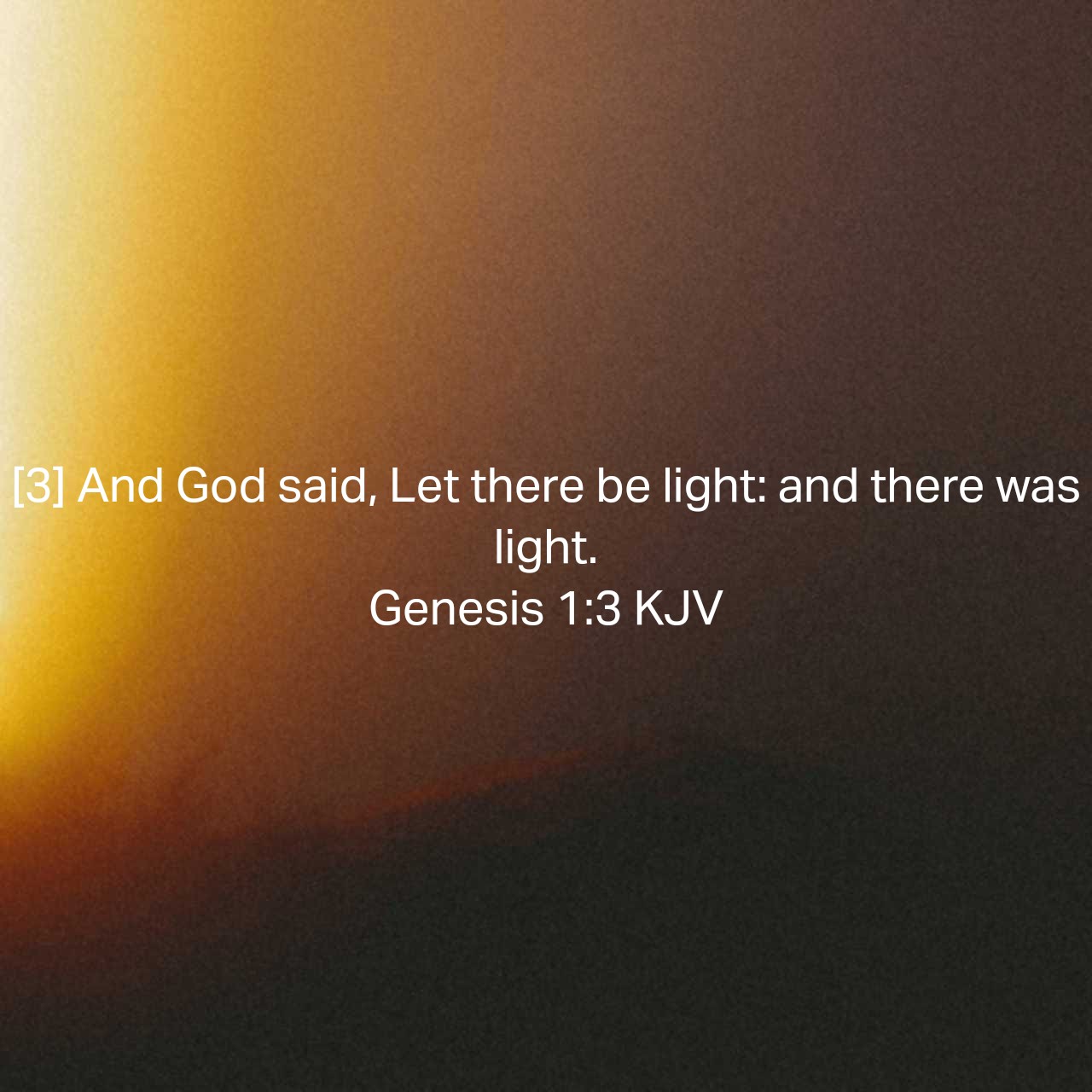Etymology of the Word “Knowledge”
Contextual Usage The word “knowledge” in English derives from the Old English “cnāwan,” meaning “to know,” combined with the suffix “-leċe” or “-leċ,” which indicates an abstract noun. Its roots trace back to the Proto-Germanic “knew-” and the Proto-Indo-European root “ǵneh₃-,” which also means “to know.” Historical Usage Modern Usage Across Disciplines Cultural Perspectives Knowledge … Read more



